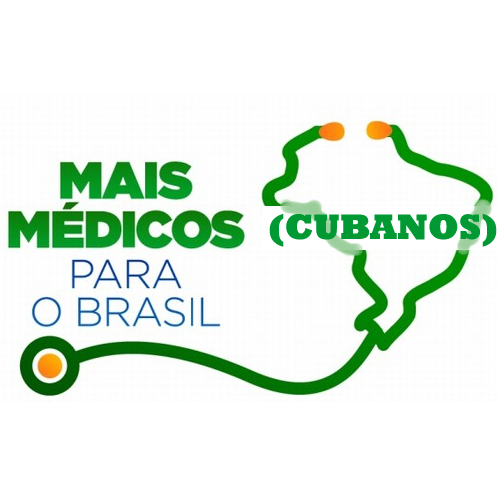CUBA STANDARD — One year after the beginning of Brazil’s Mais Médicos program, Brazil amended an agreement with the Pan American Health Organization (PAHO), continuing the contracting of doctors from the Cuban government through PAHO, a Brazilian health ministry communiqué on Aug. 21 said.
While the program, which recruits Brazilian and foreign doctors to practice in underserved and poor areas of Brazil, is open-ended, participating doctors are assigned to their posts for three years.
More than 11,400 Cuban doctors participate in the popular program, making up the backbone of Mais Médicos’ 14,400 doctors. It has helped boost approval ratings for Dilma Rousseff, the beleaguered president who would like to be re-elected Oct. 5 for a second term.
“People can remain calm, because this new amendment guarantees the keeping of the [Cuban] doctors and their activities,” said Hêider Pinto, secretary for work organization and education in the health ministry in the communiqué.
Mais Médicos has become the second leg of Cuba’s service exports, after Venezuela. Healthcare exports will generate more than $8 billion in revenues this year, representing 64% of all service exports, including tourism, economic reform czar Marino Murillo said in March.
Brazil pays Cuba $4,200 per doctor per month, making for an estimated $587 million in revenues per year.
A total of 11,456 medical personnel from Cuba is now deployed in the South American country, Cristina Luna, the chief coordinator of Cuba’s medical brigades in Brazil said on Cuban state TV last week, most of them women. She admitted there had been a handful of desertions among Cuban doctors, but added that they made up only 0.2% of all medical personnel in Brazil.
According to Spanish news agency efe, citing Brazilian leach ministry officials, the Cuban government passes on $1,245 a month to the doctors. While the amount seems low, it is exponentially higher than the salaries they receive in Cuba.
According to the Brazilian health ministry, Cuban doctors are providing Mais Médicos services in more than 2,700 cities, covering some 50 million people.
The Brazilian government has boosted spending on basic healthcare services by 106% over the past four years, with a budget of $8.75 billion this year, the communiqué said.
Complementing the hiring of foreign doctors, the government also announced the expansion of medical faculties in Brazilian universities, allowing the addition of 11,500 medical students. Citing a recent Datafolha survey with high ratings for Mais Médicos, Pinto said that “the effort of the … government in basic healthcare services is an important step on the path to guaranteeing the constitutional right to health.”

